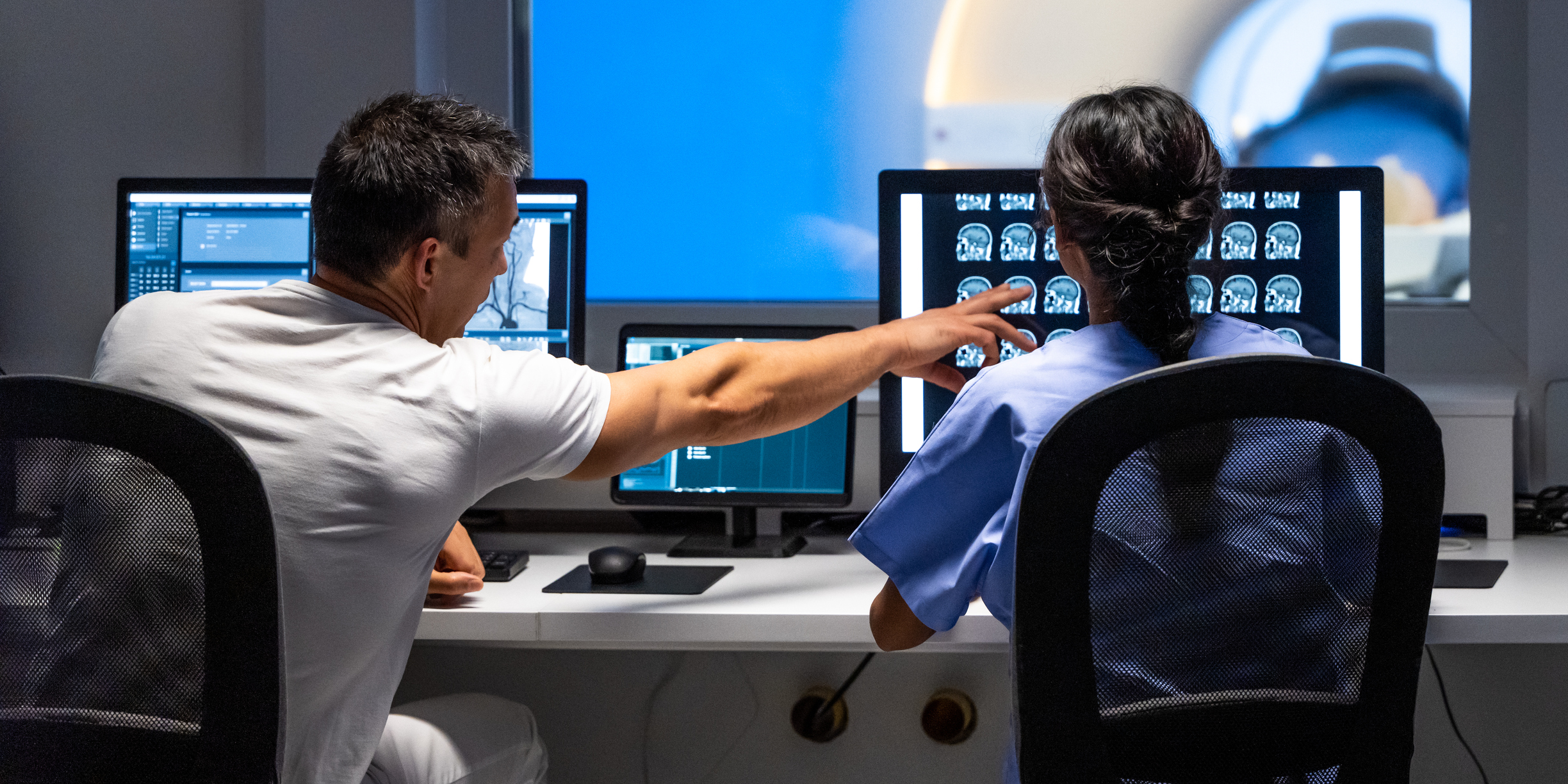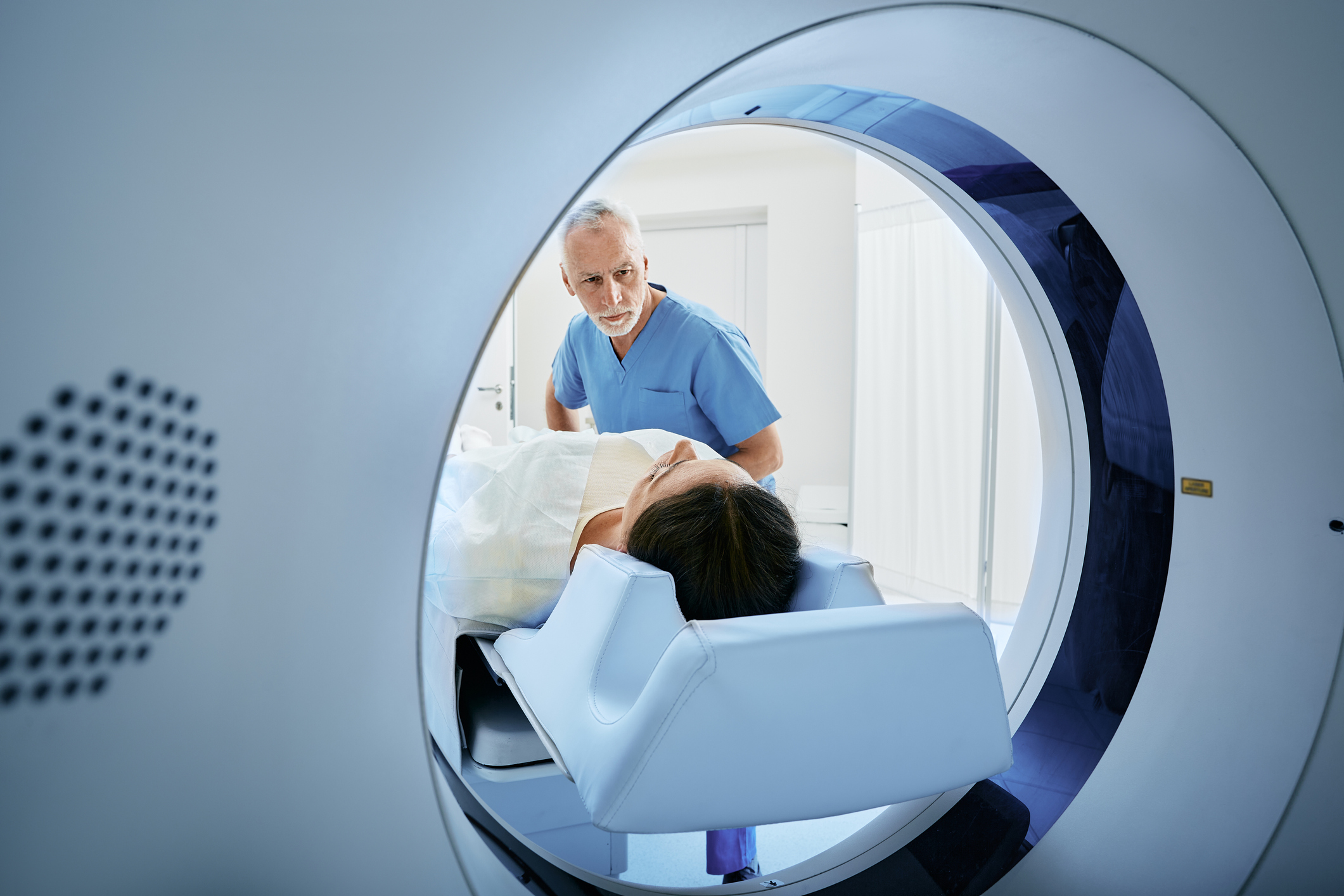
Radiology ST1 Application Process 2024
If you’re applying for Radiology ST1 in the 2024 recruitment window, this guide will provide everything you need to know about the application process, including the application timelines, how to prepare for the MSRA and how the ranking and offer process works.
What is the application process for Radiology ST1 in 2023-2024?
- Applications are made via the online platform ORIEL. This is a national application process encompassing applications within England, Scotland and Wales. Applicants to Northern Island will be via a separate application form
- The ORIEL application form includes basic information including personal details, education and employment history. Candidates will have to complete a self-assessment score based on personal achievements. Evidence to support this scoring will be uploaded onto the ORIEL system. What is considered acceptable evidence will be outlined in the self assessment documents. The evidence will then be reviewed by radiology consultants to ensure the self-assessment scoring is accurate. In previous years, before the COVID pandemic, you submitted a physical portfolio, whilst this has been replaced by the online self-assessment, it is still good practice to keep all of your achievements and experiences together, as this will make it easier to refer back to in the future. You can read more about the self assessment marking scheme here.
- All candidates sit the Multi-Specialty Recruitment Assessment (MSRA) exam. These will be sat in a test centre which you will book onto yourself through ORIEL
- Candidates are ranked and invited to interview based on their MSRA score. The minimum cut off for the MSRA has historically increased year upon year. In the 2022-2023 application cycle this was 543, compared to 521 for the 2021-2022 application cycle, and for the 2023-2024 application cycle, the minimum cut-off score is 201 in each of the MSRA domains.
- Interviews are held remotely on a platform called Qpercom Recruit over twenty minutes with two interviewers, often radiology consultants. Candidates are then given a final ranking based on a combined score from their self-assessment, MSRA score and interview score. The weightings have changed this year, your MSRA score makes up 20%, self-assessment score is 30% and your interview score is 50%.
How do I prepare for the MSRA?
Considering that the MSRA is such an important part of the Radiology application process, preparing for this efficiently is key. The exam is split into two key sections: Professional Dilemmas (PD) and Clinical Problem Solving (CPS). So you know what to expect, we have included below an example of each question type from our question bank.
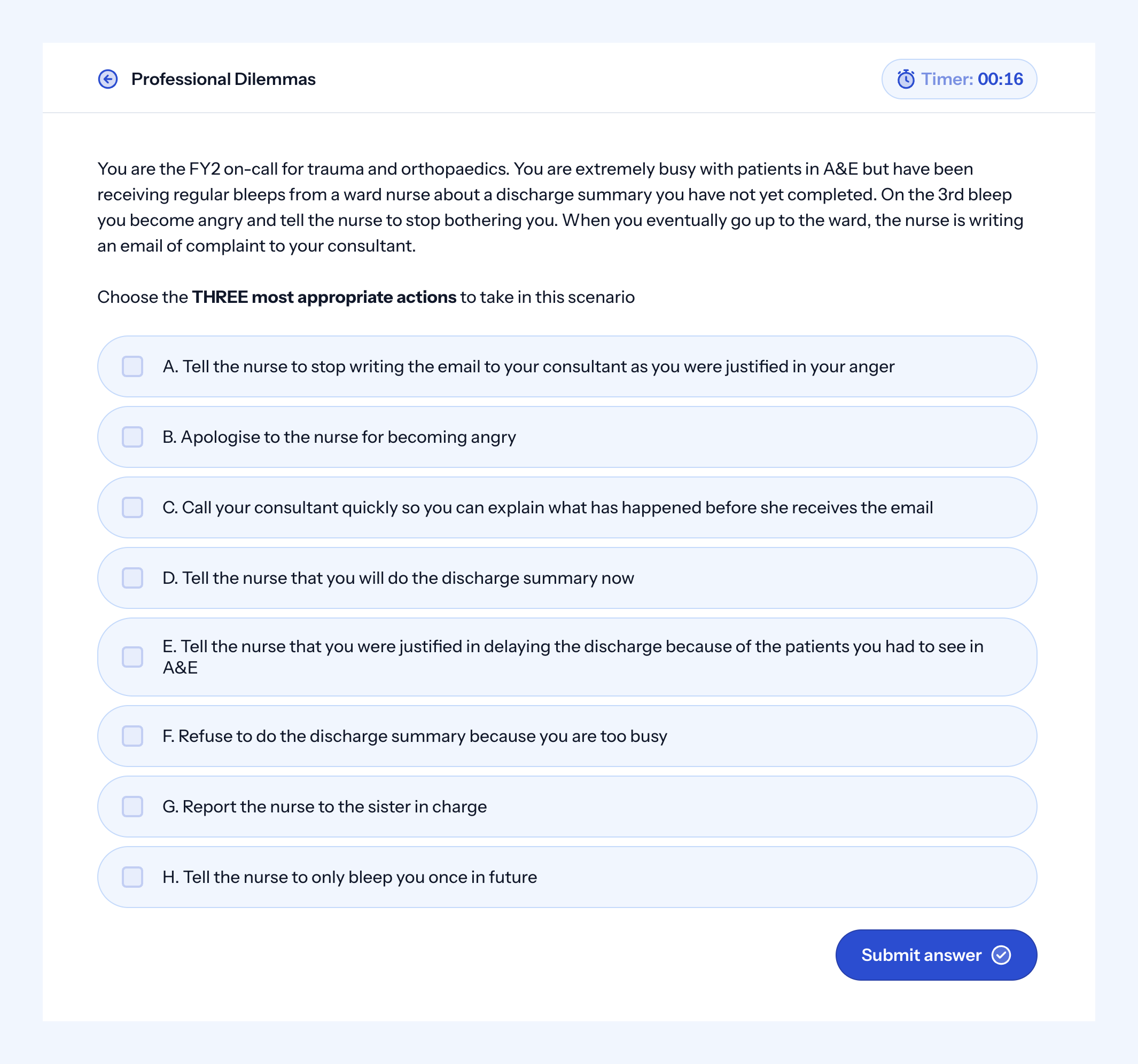
Professional Dilemmas Question
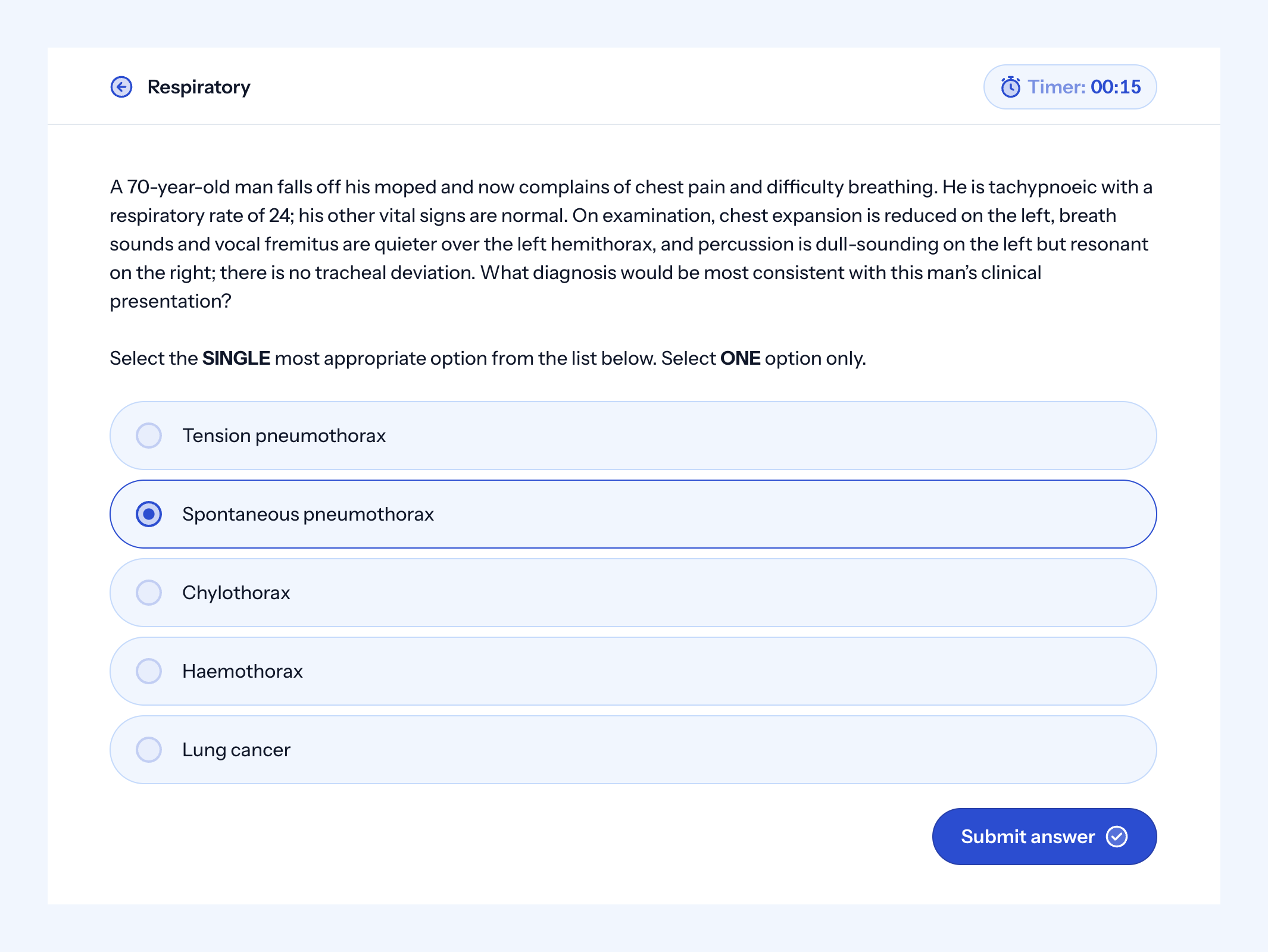
Clinical Problem Solving Question
We recommend putting as much time aside as possible to prepare for your MSRA exam. This may be the first exam you are sitting whilst also working as a doctor. This means you will have less hours per day to dedicate towards revision compared to your medical school days. To overcome this, you will need to be structured and organised in your revision. Start your revision early, and create a revision timetable to ensure you cover all of the topics necessary, especially dedicating time to the areas you are weak in, as well as high yield areas. Be sure to allow some flexibility to allow for adjustments in cases of unforeseeable events.
Ensure you familiarise yourself with the exam curriculum, the test blueprint is a useful source of information, Our adaptive MSRA question bank will help you isolate weak areas by displaying your mastery level on the dashboard (pictured below) for each part of the curriculum, this is a measurement of your knowledge of that topic, so you can easily see what areas you should focus your time on.
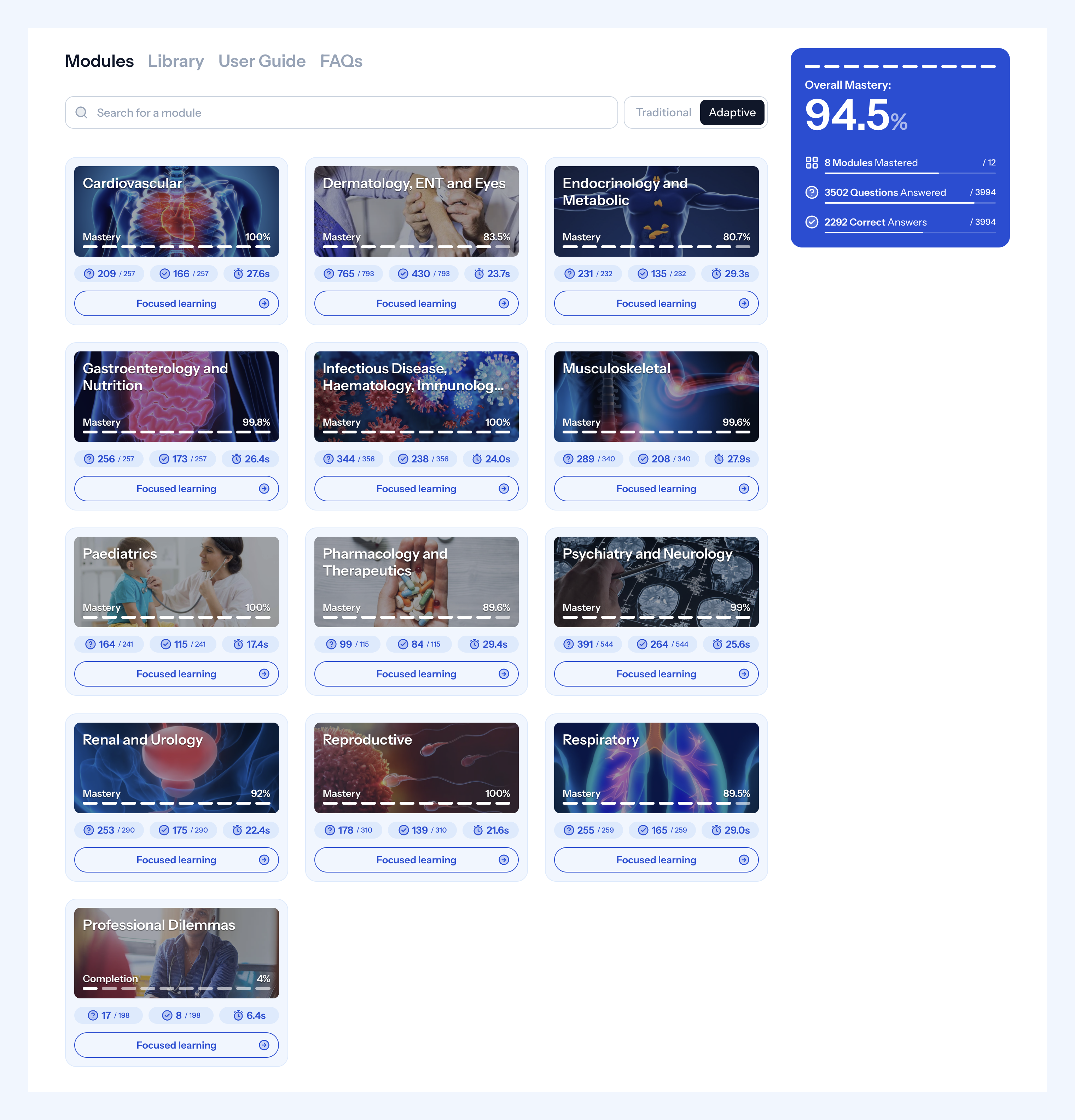
We’ll also give you explanations for each answer to help you revise. With competition for training posts more competitive than ever, having a high score is key! You can find out more about the MSRA in our Complete Guide to the MSRA blog.
Take your MSRA revision to the next level with our artificial intelligence powered, adaptive question bank
Our state of the art algorithms will help you progress faster than ever.
What is the timeline for 2023-2024?
The dates for Radiology ST1 recruitment for 2023-2024 are below:
| Milestone | Date |
|---|---|
| Application window | 26 October 2023 – 23 November 2023 |
| Invitation for MSRA | 19 December 2023 |
| MSRA window | 4 January – 16 January 2024 |
| Evidence verification upload | 13 – 26 February 2024 |
| Interview invitation | 20 February 2024 |
| MSRA result | WC 5 February 2024 |
| Interviews (remote on Qpercom Recruit) | 12 – 15 March 2024 |
| Programme preferencing | 26 February – 19 March 2024 |
| Initial offers | 26 March 2024 |
Important resources
Radiology ST1 Person Specification 2024
How are training programmes ranked?
Candidates can view all the available deaneries on the ORIEL platform – the number of available places per deanery will be listed, although more specific details on each deanery are limited. Not all places will be listed from day one of opening, so be sure to recheck intermittently to see if new posts have been uploaded. Candidates can then rank deaneries based on preference via the ORIEL platform – you do not need to rank every deanery and you can exclude yourself from specific deaneries if you wish. This ranking process takes place before the results of the interview. For the last two years there has been the additional option to apply for a six year interventional radiology post. From ST1-ST3 this will be largely the same as clinical radiology post, but from ST4 you will switch to the interventional side. Even if you start on the five year clinical radiology post, there is still the option to apply for IR after ST3.
What is the offer process?
Essentially, candidates are ranked according to their overall score (combined score from their self-assessment, MRSA score, and interview score); based on this the top ranked candidate is offered their highest preference job that is available. This process is repeated for each candidate sequentially down the rankings until all jobs have been offered. If there are spare vacancies, there will be a clearing process. There may be a slight delay between getting your overall ranking and receiving your specific offer.
How to prepare for applying for radiology
The overall radiology application can be divided into the Multi-Specialty Recruitment Assessment (MSRA), the portfolio and the interview itself. You can use our MSRA question bank to prepare for the exam.
Basic eligibility
In terms of the basic, general eligibility criteria, most of it is criteria that the vast majority of candidates will automatically fulfil, i.e. successful completion of foundation training. If you have any further specific, unusual personal circumstances, we recommend emailing HEE London and South East Recruitment directly to determine your eligibility. However, one specific point to make is that applicants must have 18 months or less of experience in Radiology (excluding Foundation Year modules) to be eligible to apply.
Portfolio preparation
Your portfolio will form an important part of the application process. Please be aware, however, that unlike other specialty interviews, for radiology the interviewers will NOT have a chance to see your portfolio. Candidates may be asked to talk about their achievements, and it is therefore important to keep a few things in mind:
- Ensure you have kept your achievements and experiences together, and know these inside and out – under the pressured environment of an interview you need to be able to quickly describe your key achievements to the assessors. It is also important to frame these achievements to the specific question you are being asked. You will not be awarded points for simply rattling off a list of achievements, no matter how impressive a list it may be!
- There is a limit to how much you can go through during the timeframe of the interview, and therefore concentrate on trying to have evidence of achievement in each criteria, rather than overly focussing on one area.
In terms of the criteria listed by the person specification, overall domains include the following:
- Commitment to radiology – unless you have actually worked within a radiology department, it is essential to have attended at least one, if not multiple taster weeks within radiology. Be prepared to talk about what you learned/ observed, and how it confirmed your desire to do radiology as a specialty. Try to gain multiple different exposures to radiology, e.g. a general taster week, and a further subspecialty radiology focused taster week. This will broaden your horizons and give you an increase in depth and breadth of perspective on radiology
- Attendance at radiology courses/ conferences will also provide evidence for your commitment to the specialty.
- Qualifications – in previous years this includes BScs, MDs, PhDs, and post-graduate exams (such as MRCP or MRCS); however, it now only includes PhDs and MDs.
- Only very few applicants will have done a PhD or MD so if you have not already done one, it is more worthwhile using your time towards more high yield areas.
- Recent years have also offered points for having teaching qualifications on your portfolio, such as a PGcert. Again, this is not common and great to have if possible, but by no means will you be severely disadvantaged without one. Consider doing smaller scale equivalents to boost your Radiology ST1 application. A 2-day course like the Medibuddy Teach the Teacher course should grant you 2 points and can be done in your free time over a matter of weeks.

Teach the Teacher Course by Medibuddy
This two-day CPD-accredited online course will earn you 12 CPD points on completion. It’s entirely flexible, so you can complete it in two days or multiple sessions over a longer period. On completion of the course, you’ll receive a certificate for your portfolio that is accredited for CCT, interviews and appraisals.
Find out more- Research – particularly radiology-related. If you have a paper then this is ideal, although this may be difficult to achieve so do not stress too much if you do not have one. Even a non-radiology related paper is valuable. Easier to achieve alternatives to original research are: letters to the author of a peer reviewed publication and oral/poster presentations. Speak with your local radiology department to see what research and projects are being done that you may be able to assist with.
- Audit – again, it is better to have a radiology related audit. It is probably easier to get a radiology related audit (compared to a radiology related paper) so it is worth focusing your efforts on this, especially as many other candidates will have one. It is better to have completed the audit loop, as this demonstrates clinical improvement/ improvement to patient safety.
- In terms of getting involved with a radiology audit, speak to current trainees or consultants in your radiology department
- The RCR has a list of “audit recipes”, where they have provided templates of audits, including the audit background, cycle, targets and criteria. This saves you having to come up with audit ideas yourself!
- Collaborate with other budding radiologists in your trust to distribute the workload of data collection and analysis, which individually can be time consuming and laborious.
- If you have closed the audit loop and your interventions have led to a change in practice, give a go at sending your work to conferences or meetings to be presented.
- Prizes and awards – this can include any undergraduate prizes academic excellence or otherwise
- Teaching – all applicants will have done some teaching. In order to stand out, consider attending a teaching course. Alternatively, consider organising a teaching programme for medical students (beyond the isolated single sessions that most people do). In terms of presenting teaching feedback, it may be worth collating feedback into a few pages summarising favourable comments/ data from your overall teaching – this avoids the problem of shuffling through pages and pages of feedback forms.
- Management and leadership – this is a bit more vague and difficult to provide evidence for.
- Consider attending a management/ leadership course (if feasible)
- Alternatively, consider providing examples in a non-medical context (e.g. leadership roles within university societies, from hobbies, etc.)
- Positions held in relation to radiology are more worthwhile, e.g if there is a committee role in a radiology society in university. These roles can extend to leadership positions outside of healthcare, e.g. in charitable organisations or sports teams. National roles are more substantial than regional or local roles but whatever you have been involved with is worthwhile to include.
When it comes to preparing for your Radiology ST1 Interview, don’t forget to check out our interview question bank. Written by previously high scoring trainees, we update the question bank every year and provide questions and example answers based on previous years’ interviews and feedback, to help guide you through your interview practice.
Further reading
Radiology ST1 Interview Overview
Self Assessment Marking Scheme
Radiology Interview Question Bank – Updated with new scenarios for 2024
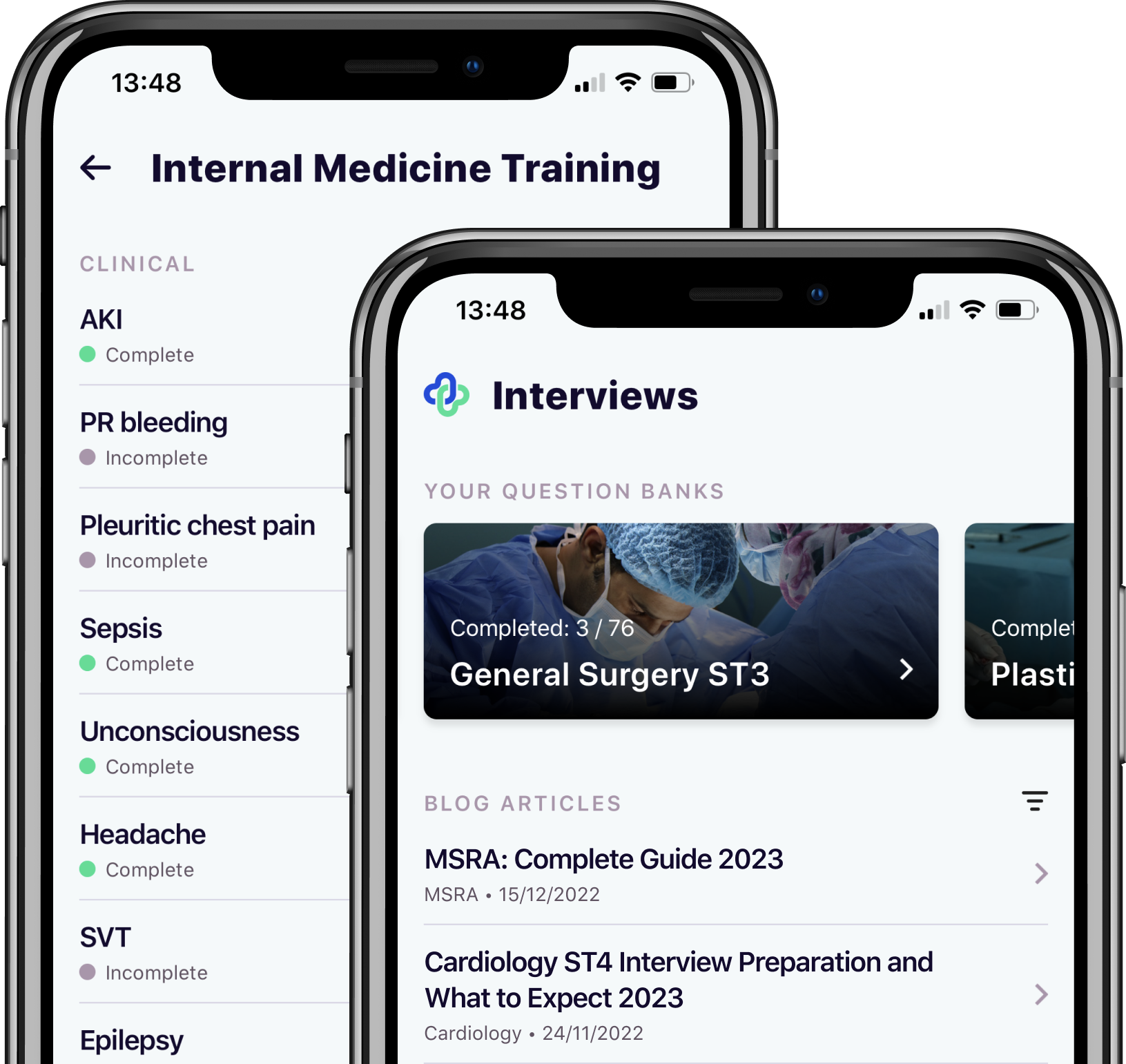
Take your subscriptions with you
Our mobile app allows you to access your interview and exam question banks wherever you are.


